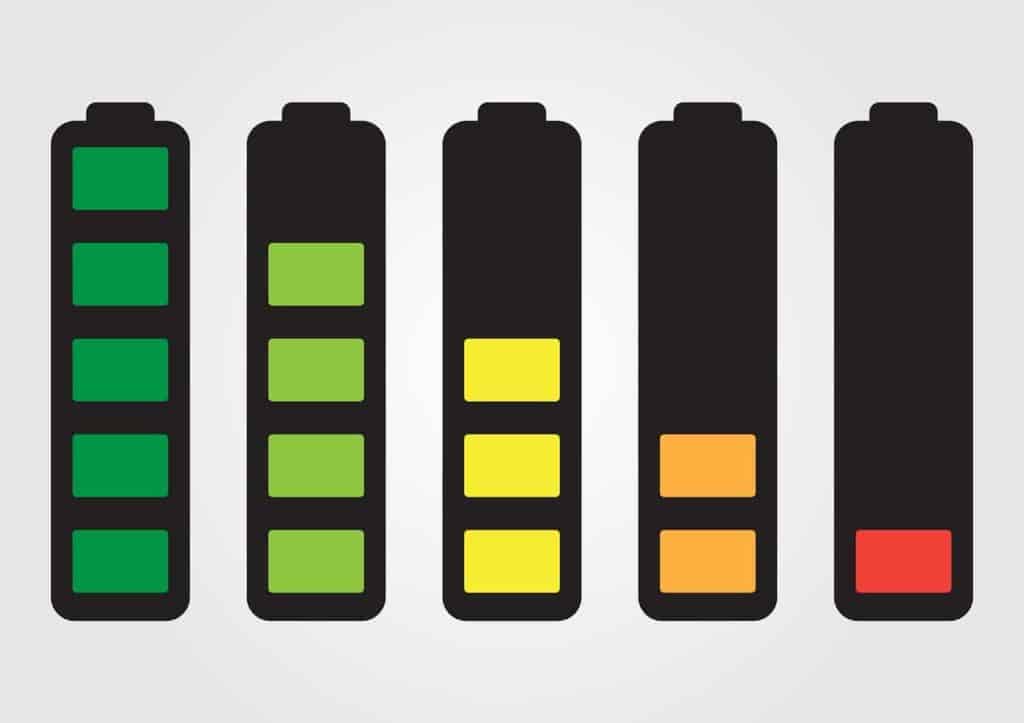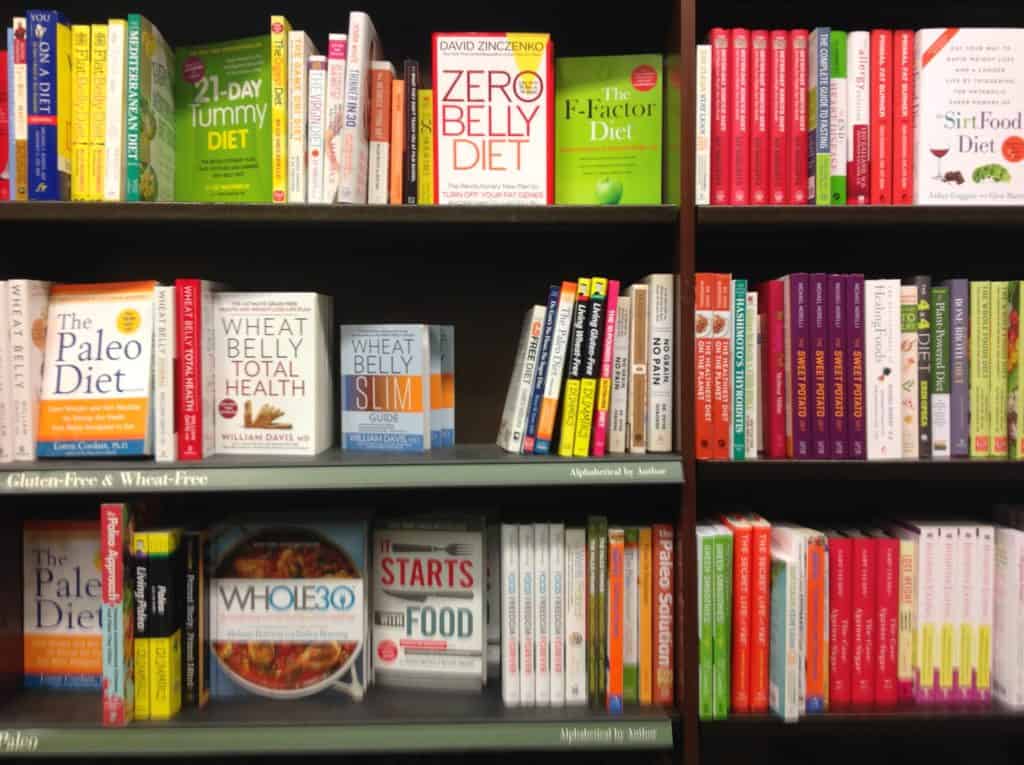 One reason that diets don’t work is that they rely too much on willpower.
One reason that diets don’t work is that they rely too much on willpower.
Willpower is like a muscle: it can get fatigued.
In the Weighless program, we don’t count on willpower as the main ingredient for success. Instead, we develop an entire suite of strategies to keep us moving in the right direction even when our willpower fails.
Here are three tips for relying on strategies other than willpower to make healthy changes.
1. Use positive redirection.
When we’re trying to make healthy changes, we often focus exclusively on what we need to stop eating – fast food, candy, soda, chips.
When we instead of focus on what we want to eat more of, our brains relax a bit and we feel less deprived.
Instead of swearing off dessert, why not splurge on some particularly luscious fruit to enjoy after dinner? Instead of forking your way through a boring pile of lettuce and cucumbers, make your lunchtime salad something to look forward to by topping it with some fresh avocado or a few shrimp. If you’re trying to wean yourself off that nightly glass of wine, be sure to have some sparkling water on hand to sip on instead. Put it in a nice glass and garnish it with a sprig of fresh mint, dash of bitters, or wedge of lime.
Using positive redirection is a lot more fun than white-knuckling your way through a diet that requires a ton of willpower.
2. Have a plan.
It’s a lot easier to stick to your healthy eating plan if you actually have a plan! It’s easy to set the intention in the morning of “eating healthy” that day – but then things can quickly go downhill when you impulsively order a giant muffin with your coffee, work through lunch, and order pizza for dinner because you’re starving when you get home.
Tonight, take a minute to think about your schedule for tomorrow and plan what you’ll eat. Pack a salad or container of soup to take for lunch, thaw some chicken to cook for dinner. Or, if cooking isn’t your thing, decide in advance where you’ll order lunch and what you’ll have, and where you’ll pick up dinner. You’ll almost certainly make better choices ahead of time than you will in the heat of the moment.
3. Keep it simple.
For some reason, when we make up our mind to lose weight or get in shape, we’re often attracted to complicated regimens that have lots of very specific rules and requirements. Subconsciously, we seem to believe that the more elaborate the program — and the bigger the departure from our current habits — the more likely it is to be the one that finally works.
This is a trap!
The bigger the departure from our normal routine, the more likely we are to crash and burn.
In the Weighless Program, we start where we are and make small, sustainable changes to our routines and behaviors, gradually building the lifestyle and habits that lead to weighing less. We suggest you take the same approach!!


 One our members recently shared a Weighless victory…followed by a stumble that many of us know all too well. Do you recognize this pattern?
One our members recently shared a Weighless victory…followed by a stumble that many of us know all too well. Do you recognize this pattern? Most diets pay way too much attention to what you eat and not enough to why and how you are eating it. You get detailed instructions about exactly what to eat and what not to eat. And if you follow the instructions, you will almost certainly lose weight.
Most diets pay way too much attention to what you eat and not enough to why and how you are eating it. You get detailed instructions about exactly what to eat and what not to eat. And if you follow the instructions, you will almost certainly lose weight.